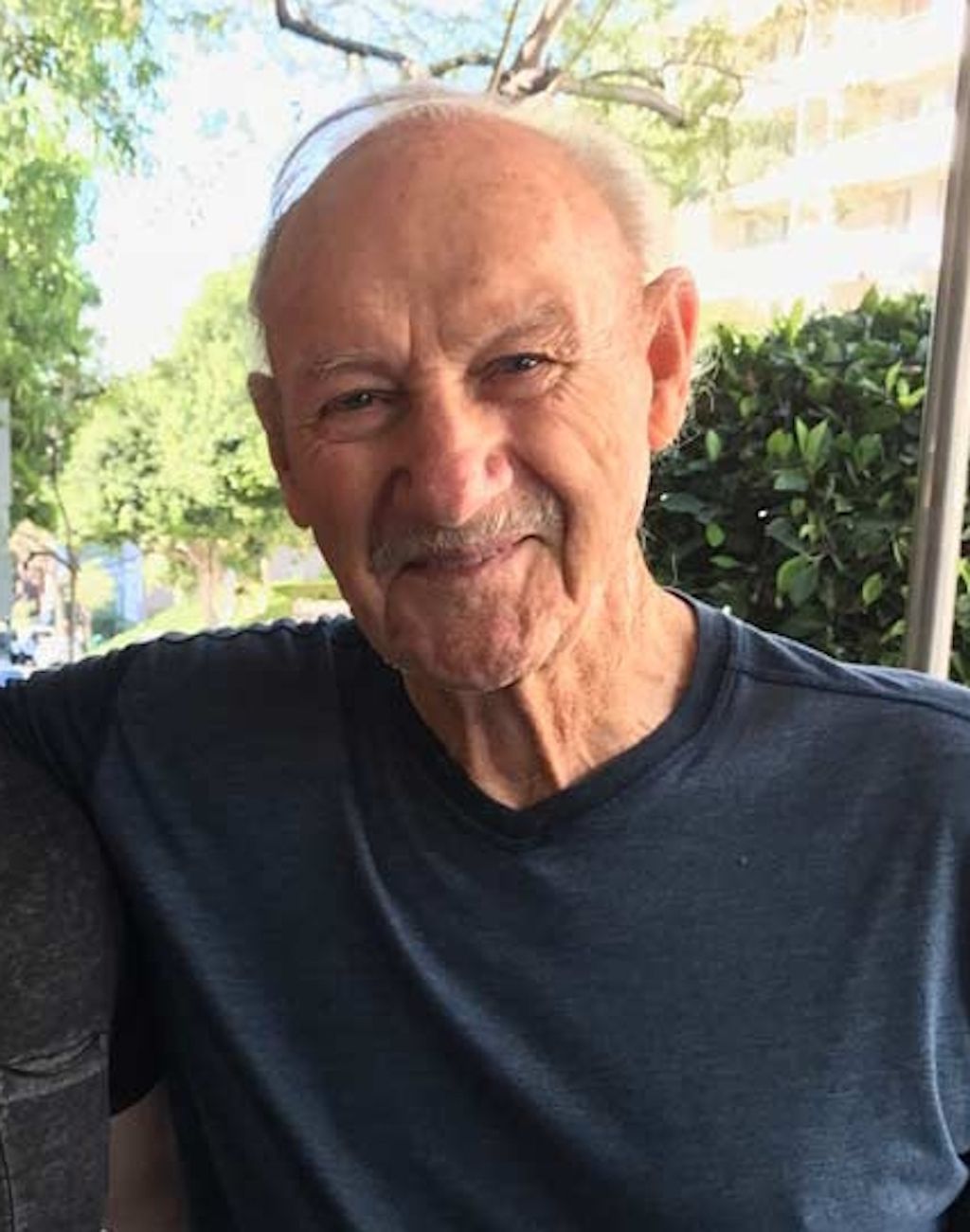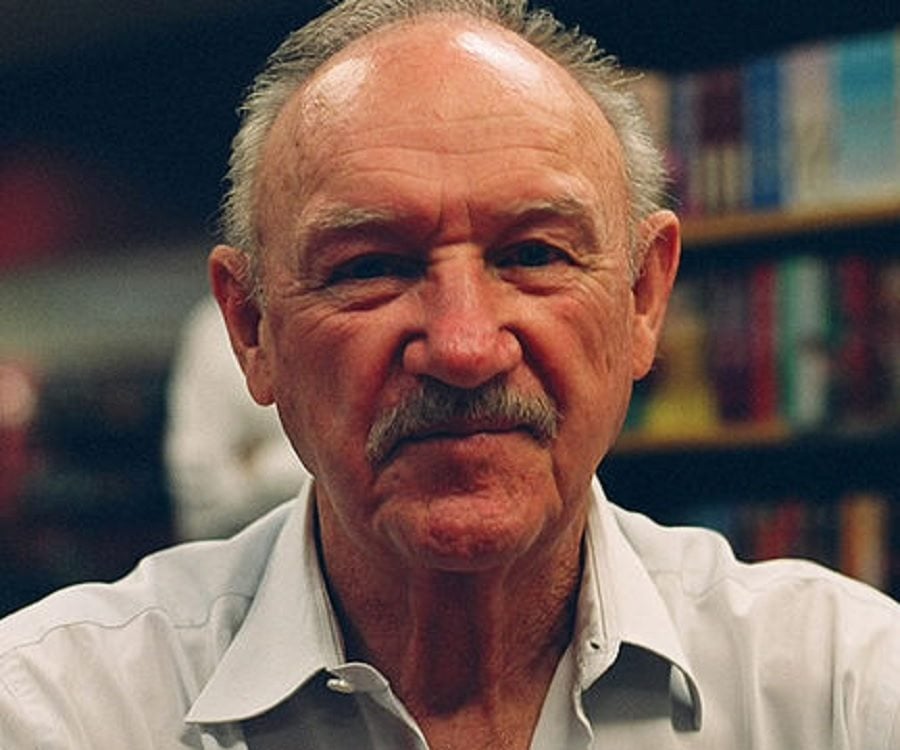Gene Hackman: The Cinematic Titan Who Redefined Acting
Can an actor truly encapsulate an entire generation's cinematic brilliance? When discussing Gene Hackman, the answer is an emphatic yes. Renowned for his unparalleled ability to transform into any character he portrayed, Hackman has carved an indelible mark on Hollywood’s history. His career, marked by grit, determination, and unmatched talent, has earned him two Academy Awards and an enduring legacy. This article dives deep into the life, career, and lasting influence of this legendary figure whose performances continue to resonate across generations.
Gene Hackman was born on January 30, 1930, in San Bernardino, California, during a pivotal era of post-war America. This period was defined by significant societal shifts and economic challenges, yet Hackman’s passion for acting emerged as a beacon of hope and ambition. Rising from humble beginnings, he overcame personal and professional obstacles to achieve greatness, leaving behind a legacy that continues to inspire both aspiring actors and cinephiles alike.
| Category | Details |
|---|---|
| Full Name | Eugene Allen Hackman |
| Date of Birth | January 30, 1930 |
| Place of Birth | San Bernardino, California, USA |
| Education | University of Illinois, Pasadena Playhouse |
| Spouse(s) | Faye Maltese (m. 1956–1986), Betsy Arakawa (m. 1991–present) |
| Children | Three |
| Notable Awards | Academy Award for Best Actor (The French Connection, Unforgiven), Golden Globe Awards, BAFTA Awards |
| Occupation | Actor, Author |
| Years Active | 1950s – 2004 (acting) |
| Website | IMDB Profile |
As we explore Hackman’s illustrious journey, it becomes evident that his profound contributions to cinema extend far beyond his celebrated roles. Revisiting his most iconic performances, we gain insight into the lasting impact he has had on the industry and the generations of actors he has inspired. Hackman’s legacy is not merely confined to the screen; it is a testament to the power of storytelling and the transformative nature of art.
- 9 Dpo Positive Pregnancy Test Is It Possible 2024
- Who Are Paul Giamattis Siblings Family Details Facts
Hackman’s early life was marked by a search for identity and purpose. Born to Eugene Ezra Hackman, a traveling salesman, and Anna Lyda Gray, a homemaker, young Gene grew up amidst the complexities of post-war America. His parents’ divorce during his childhood led to frequent moves across California, shaping his worldview and influencing the depth of character he brought to his performances. These formative years instilled in him a resilience that would later define his career. After completing high school, Hackman enlisted in the U.S. Marine Corps, where he honed his discipline and perseverance. Upon returning, he briefly pursued journalism at the University of Illinois before discovering his true passion: acting. At the prestigious Pasadena Playhouse, Hackman began refining his craft, setting the stage for his ascent to stardom.
Hackman’s early influences included legendary actors like Marlon Brando and James Dean, whose groundbreaking performances revolutionized acting. Their naturalistic styles inspired Hackman to pursue his career with unwavering determination. As he secured small roles in television and film, his dedication and hard work began to pay off. By the 1960s, Hackman’s career was on the rise, with his breakthrough role in "Bonnie and Clyde" (1967) cementing his place in Hollywood. Playing Buck Barrow, Hackman delivered a performance that showcased his exceptional talent and set the stage for greater achievements.
The 1970s and 1980s marked the zenith of Hackman’s career, during which he starred in a string of iconic films. "The French Connection" (1971) saw him embody Detective Jimmy "Popeye" Doyle, a gritty and relentless figure whose pursuit of justice defined the era. His performance earned him his first Academy Award, solidifying his status as a leading figure in the industry. In "The Conversation" (1974), Hackman portrayed Harry Caul, a surveillance expert grappling with ethical dilemmas, delivering a nuanced exploration of privacy and guilt. Meanwhile, his portrayal of Lex Luthor in "Superman" (1978) showcased his versatility, combining wit and theatrical flair to create a memorable villain. Hackman’s ability to bring depth and humanity to each role set him apart from his peers and earned him widespread acclaim.
Hackman’s creative talents extended beyond acting, as he ventured into directing. His directorial debut, "Young Frankenstein" (1974), demonstrated his versatility and passion for storytelling. Although he continued to act, his interest in directing allowed him to explore new aspects of creativity and filmmaking. This experience enriched his understanding of the craft and further solidified his reputation as a multifaceted artist.
Hackman’s filmography is a testament to his versatility, featuring roles that have captivated audiences for decades. Among his most celebrated performances are Harry Caul in "The Conversation," Jimmy "Popeye" Doyle in "The French Connection," Lex Luthor in "Superman," and Royal Tenenbaum in "The Royal Tenenbaums" (2001). Each role showcases his ability to delve into the complexities of human nature, balancing humor, pathos, and redemption with remarkable ease.
Hackman’s accolades reflect the immense respect he commanded within the film industry. He received numerous awards and nominations, including two Academy Awards for Best Actor, five Golden Globe Awards, and a BAFTA Award. His consistently high-quality performances earned him critical acclaim and the admiration of his peers, cementing his status as one of the greatest actors of his generation.
Hackman’s personal life, though largely private, included two marriages. His first marriage to Faye Maltese produced three children and lasted from 1956 to 1986. In 1991, he married Betsy Arakawa, and the couple has remained together ever since. Despite the demands of Hollywood, Hackman prioritized his family and personal well-being, maintaining a sense of groundedness and perspective throughout his career.
Beyond his cinematic achievements, Hackman is known for his philanthropic efforts, supporting causes related to education, healthcare, and the arts. His commitment to giving back highlights his well-rounded character and compassionate nature, underscoring his status as not only a gifted actor but also a responsible and engaged member of society.
In 2004, Hackman made the decision to retire from acting, choosing instead to focus on writing and spending time with his family. Since then, he has published several novels, demonstrating his adaptability and passion for storytelling. Though his absence from the screen is keenly felt, his legacy continues to inspire audiences and aspiring actors worldwide.
Hackman’s impact on the film industry is undeniable. His versatility, dedication, and ability to embody complex characters have redefined the standards of acting. Widely regarded as one of the greatest actors of his generation, Hackman’s influence extends beyond his on-screen performances. He has set a high bar for excellence that continues to inspire new generations of performers and filmmakers. As we reflect on his career, it becomes clear that Hackman’s contributions to cinema are unparalleled, ensuring his place as a true legend in the entertainment world.
Hackman’s journey is not merely a story of individual success but also a reflection of the broader trends and transformations within the film industry. His career intersected with the rise of Method Acting, a movement that emphasized emotional authenticity and psychological depth. Hackman’s work aligns with this tradition, yet he also broke new ground by infusing his performances with a distinctive sense of humanity and nuance. His collaborations with directors like Francis Ford Coppola and Clint Eastwood further solidified his status as a cinematic icon, while his roles in films such as "The French Connection" and "Unforgiven" remain benchmarks for excellence in acting.
Hackman’s influence extends beyond the screen, shaping the cultural landscape of Hollywood and beyond. His performances have resonated with audiences across generations, reflecting the complexities of the human experience. In an industry often defined by fleeting trends, Hackman’s work stands the test of time, offering a timeless exploration of the human condition. His legacy serves as a reminder of the power of art to transcend boundaries and inspire change.
As the entertainment industry continues to evolve, Hackman’s contributions remain a guiding light for aspiring actors and filmmakers. His dedication to his craft, combined with his humility and generosity, has set a standard that continues to inspire. In a world where celebrity culture often overshadows artistic achievement, Hackman’s career stands as a testament to the enduring value of talent, hard work, and integrity. His story is not just about one man’s success but about the transformative power of art to shape and enrich society.
- April Zodiac Signs Whats Yours Dates Traits More
- July 30 Zodiac Sign Leo Personality Traits Compatibility

¿Cuál es el actor más alfa de la historia? + fotos Forocoches

Gene Hackman Biography Childhood, Life Achievements & Timeline

Gene Hackman Biography IMDb